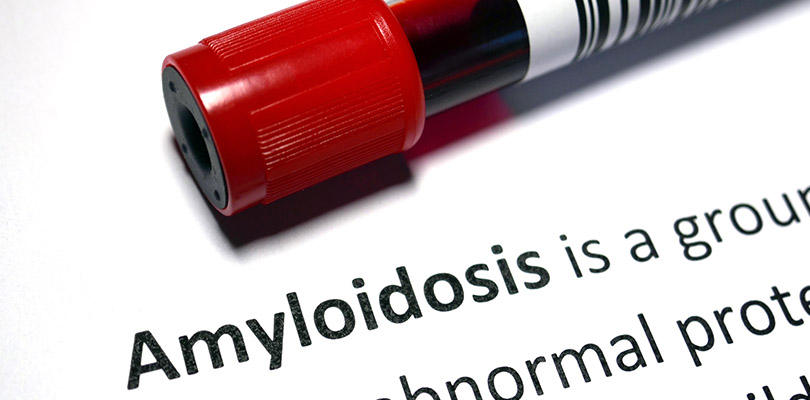The Risks of Antibiotic Resistance
The advent of antibiotics brought with it a tremendous change to the state of medicine. Rather than encountering the risk of death from a simple infection, men, women, and children enjoyed a sharp decline in danger and hazards linked to bacteria.
In recent years, antibiotics have fallen victim to their own success. With widespread use, antibiotics are beginning to create issues in the form of antibiotic resistance inadvertently.
Before anyone learns about the bad of antibiotic resistance, it is key for you to understand the good of what antibiotics are and the amazing benefits they provide. Antibiotics are strong medicines capable of fighting back against bacteria.
What Are Antibiotics?
Doctors commonly recommend antibiotics in pill or liquid form for multiple doses per day for a week or more at a time. When used as directed, antibiotics can lower the infection to the point that allows the body to finish fighting.
Antibiotics are powerful, but they can only protect people against bacterial infections. They are powerless against viruses, so if you have a cold, the flu, bronchitis or a sore throat, not caused by strep, using an antibiotic will not treat your condition.
The Beginning of Antibiotic Resistances
The use of antibiotics to treat conditions that have nothing to do with bacterial infections is the beginning of the antibiotic resistance. Each time a person uses an antibiotic, the bacteria that are sensitive to the drug are killed while the other bacteria in the body are left.
The remaining bacteria grow and multiply in the body, and when the next infection occurs, the same antibiotic previously used will become less effective because there are more of the resistant bacteria. Now, repeat this process dozens of times over a lifetime to see how the antibiotics will become ineffective over time.
In this case, antibiotic resistance is not only a problem for you, but it is a problem for the people around you as well. If you have been on numerous courses of antibiotics, you could expose others in your life to the antibiotic-resistant bacteria. Of course, this problem works both ways as others could expose you to the dangers.
What is GERD? Gastroesophageal reflux disease (GERD) occurs when stomach acid used for digestion frequently backs up or refluxes into the esophagus.
It may seem like the problem of unneeded antibiotic use is minimal and only affects a few people, but that assumption would be incorrect. When researchers combine antibiotic use for problems not connected to bacteria with antibiotics given at the wrong dose or duration, about half of all antibiotic use could be inappropriate. This inappropriate use only leads to more antibiotic resistance and increased risk of poor health outcomes.
The Problem of Antibiotics in Foods
You may think that you do not need to worry about antibiotic resistance because you never get sick and are never around ill people. You may feel safe, but does your food contain antibiotics or antibiotic-resistant bacteria?
You might be surprised to know that farmers frequently give antibiotics to animals, used for food, to:
- Treat a diseased animal
- Protect animals from getting sick
- Control a disease from spreading within a group of animals
Additionally, some farmers give their animals antibiotics to increase growth. If you sell beef, pork, or chicken by the pound, raising a bigger animal will equate to bigger profits. In these cases, the animal will receive antibiotics even if they are not sick.
Just as some doctors overprescribe antibiotics, farmers may give the animals too much of the medication, which leads to various problems. Not only will antibiotics get into the meat you buy in the store, but it can also get into the milk you drink. Antibiotics may get in the water supply, resulting in contamination of animals, fruits, and vegetables that did not receive the medicine directly.
Animals treated with antibiotics may show an increase in resistant bacteria. When an animal is slaughtered, the resistant gut bacteria can spread on the meat or the machinery.
This problem is complicated, especially since meat, animal products, and produce may come from countries with different rules governing their antibiotic use. To avoid the risk, try finding detailed information about the antibiotics used on the animals you eat. Though it may not offer a complete picture, look for the words "antibiotic-free" on food labels.
Steps to Stay Safe from Antibiotic Resistance
Though it may be impossible to avoid altogether, antibiotic-resistant bacteria, there are steps you can take to keep you and your family safe.
- Wash your hands
- Get educated about antibiotics
- Use antibiotics the right way by taking the correct dose for the complete course of treatment and never use someone else's prescription
- Be sure to avoid bacteria from pets and other animals
- Get vaccinated to protect yourself from preventable illnesses
- Practice caution and safety when preparing food at home
Antibiotic-resistant bacteria are one of the biggest challenges facing the medical community today. Do your part to protect yourself, your loved ones, and your community.







